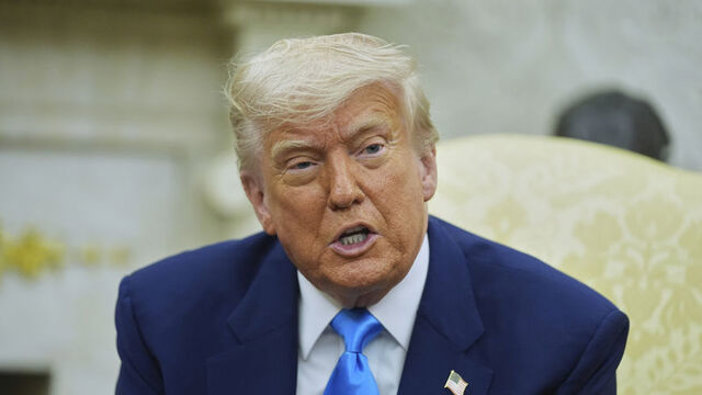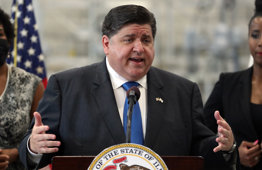
House Passes Trump’s $9.4B Spending Cuts
Trump’s plan to cut foreign aid and public broadcasting funds passes House in tight vote, heads to Senate.
The House of Representatives approved President Donald Trump’s $9.4 billion rescissions package on Thursday, advancing a high-stakes spending rollback that targets foreign aid programs and public broadcasting institutions. The bill passed narrowly by a vote of 214 to 212, with all Democrats opposing it and four Republicans breaking ranks to vote against.
The legislation, now headed to the Senate, seeks to claw back $8.3 billion from the U.S. Agency for International Development (USAID) and more than $1 billion from the Corporation for Public Broadcasting, which supports NPR and PBS. The package is part of Trump’s broader strategy to slash what he describes as “woke” and unnecessary federal programs.
In a tense moment on the House floor, the bill appeared to be on the verge of failure when six Republican lawmakers initially voted “no.” Speaker Mike Johnson and Majority Whip Tom Emmer were seen conferring with several moderate Republicans, ultimately persuading Reps. Nick LaLota of New York and Don Bacon of Nebraska to change their votes and support the measure. Their switch allowed the bill to pass by the slimmest of margins.
Foreign Aid and Public Broadcasting in the Crosshairs
Republican leaders argued the rescinded USAID funds were being funneled into what they labeled as “woke” initiatives, including $1 million allocated for voter ID efforts in Haiti and $3 million for a localized version of Sesame Street in Iraq. They framed the cuts as a necessary course correction that reasserts conservative fiscal values.
The bill’s provisions targeting public broadcasting revived long-standing GOP criticism of NPR and PBS, with lawmakers asserting that the networks have abandoned neutrality while still receiving taxpayer funding. Conservatives see the defunding effort as part of a broader campaign to rein in perceived left-leaning influence in publicly funded media.
However, not all Republicans were fully on board. Several moderates expressed concern about the unintended consequences of the cuts, including reduced funding for disease prevention research in Africa. Others warned that eliminating support for public broadcasting could devastate small local stations that serve rural communities with limited access to other media sources.
Despite those objections, the legislation now moves to the Senate, where it faces a difficult path. Though the Senate is GOP-controlled, slim majorities make every vote count. If passed, this would mark the first in a series of rescissions packages envisioned by Trump’s administration and developed in coordination with the Department of Government Efficiency (DOGE).
Under current law, once a rescissions package is introduced, Congress has 45 days to act before the proposal is automatically rejected. Only a simple majority in each chamber is required for passage — a challenging benchmark given internal divisions even within the Republican ranks.
As the Senate prepares to take up the measure, party leaders see it as a test of their ability to enact deeper fiscal reforms aligned with Trump’s second-term agenda. The outcome will likely shape future efforts to institutionalize the spending cuts identified by DOGE and further limit federal investment in foreign and media programs criticized by conservatives.






